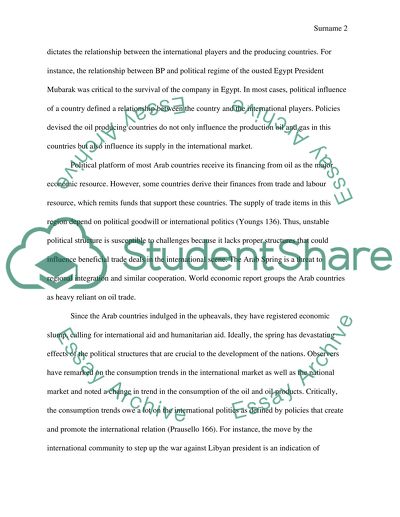Cite this document
(“The Impact of the Arab Spring on Egypt's Energy Research Paper”, n.d.)
Retrieved from https://studentshare.org/history/1399214-the-impact-of-the-arab-spring-on-egypt-s-energy
Retrieved from https://studentshare.org/history/1399214-the-impact-of-the-arab-spring-on-egypt-s-energy
(The Impact of the Arab Spring on Egypt'S Energy Research Paper)
https://studentshare.org/history/1399214-the-impact-of-the-arab-spring-on-egypt-s-energy.
https://studentshare.org/history/1399214-the-impact-of-the-arab-spring-on-egypt-s-energy.
“The Impact of the Arab Spring on Egypt'S Energy Research Paper”, n.d. https://studentshare.org/history/1399214-the-impact-of-the-arab-spring-on-egypt-s-energy.


